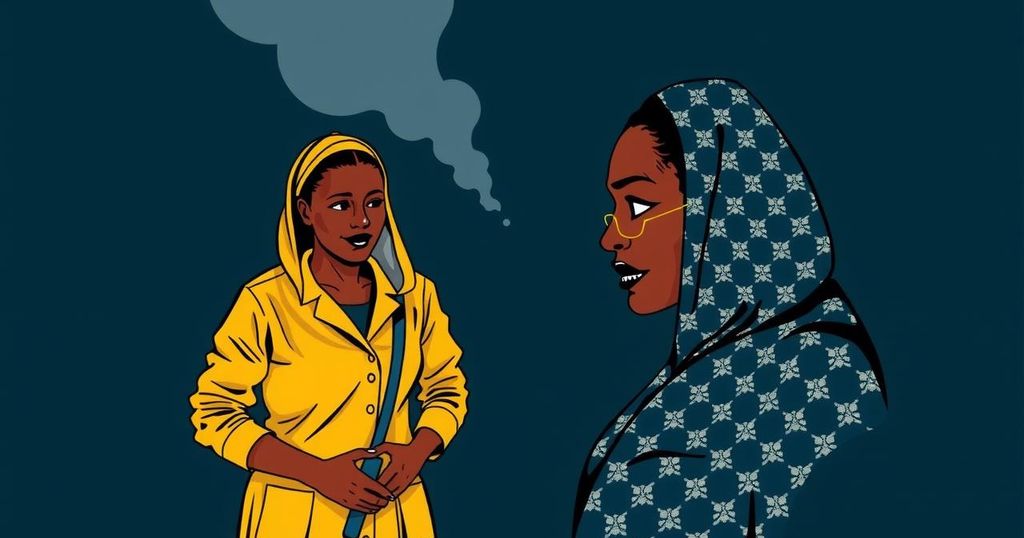Health Risks for Pregnant Women in DRC’s Cobalt Mines
An investigation by Mongabay reveals serious health risks for pregnant women in Kolwezi, DRC, linked to cobalt and copper mining. Women face increased rates of birth defects and health issues due to exposure to polluted environments and contaminated water. Despite ongoing investigations by authorities, regulatory challenges and health impacts persist, necessitating urgent attention and reform.
A recent investigation by Mongabay has illuminated pressing health concerns for women in the Democratic Republic of the Congo (DRC), particularly in Kolwezi, known as the “world’s cobalt capital.” The industrial and artisanal mining of cobalt and copper, essential for battery technologies, poses alarming risks to female reproductive health. Reports from healthcare professionals and locals indicate a disturbing trend of increased birth defects, stillbirths, and maternal health issues, linked directly to exposure from mining waste and contaminated water sources. Evidence suggests that mining activities have resulted in acidifying pollution and elevated radiation levels in local waterways. Artisanal miners, predominantly women, are particularly vulnerable due to inadequate safety measures, often handling ores without protective equipment. Despite the hazardous conditions, many women engage in mining activities as a crucial source of income, buying and reselling minerals from primarily male miners to distributors. The rising incidence of reproductive health problems has garnered the attention of civil society organizations, highlighting regulatory failures and corruption in the mining sector. Authorities have acknowledged these issues and are purportedly investigating, yet many locals remain skeptical of meaningful action being taken against the contamination that pervades their communities.
The Democratic Republic of the Congo is rich in natural resources, particularly cobalt and copper, which are critical for modern battery technology. Despite the economic potential, the mining industry poses severe health risks, especially for women who often work in contaminated environments. Kolwezi is particularly affected due to both industrial and artisanal mining practices, leading to significant pollution in surrounding water bodies. Preliminary studies and testimonies suggest a correlation between mining activities and adverse health outcomes, particularly among pregnant women.
The findings from the Mongabay investigation reveal a critical intersection of health and environmental issues in Kolwezi, DRC, emphasizing the urgent need for regulatory reform and protective measures for women involved in mining. The apparent increase in reproductive health problems among women signifies a public health crisis that necessitates immediate attention from governmental and civil society organizations. Addressing the pollution and its health implications is essential for safeguarding the livelihoods and well-being of vulnerable populations in these mining regions.
Original Source: news.mongabay.com




Post Comment